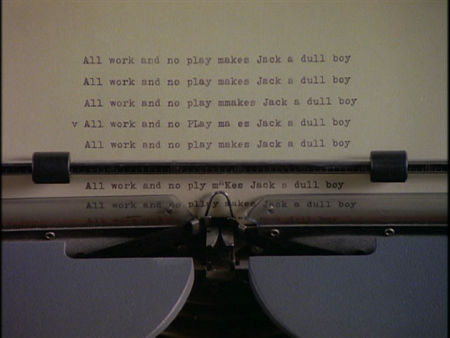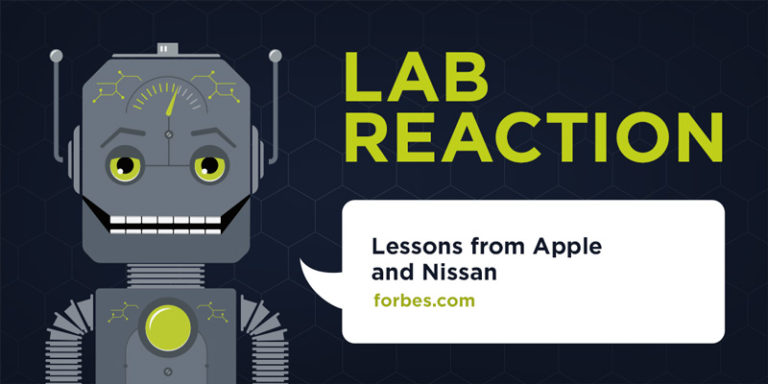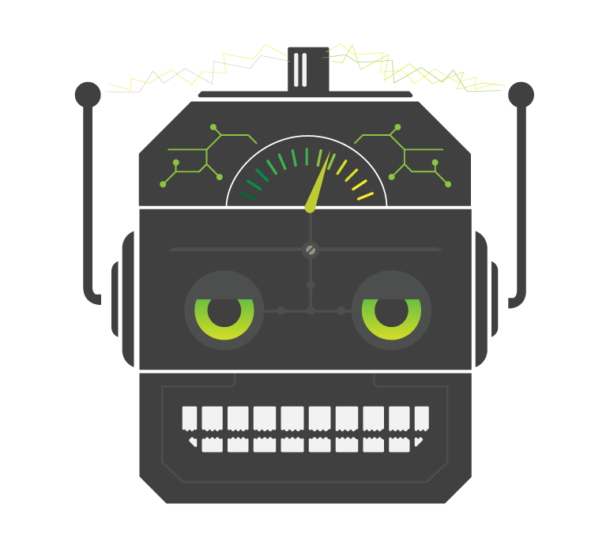All Work and No Play (Not Here)
If you’re familiar with Stanley Kubrick’s haunting film The Shining, then you surely remember the scene where Wendy finds what she thinks is the manuscript of Jack’s novel. Instead, she finds the following typed repeatedly over hundreds of pages:
All work and no play makes Jack a dull boy.1
Creepy.
But at the same time, it conjures up mental images of the “sea of cubicles” that somehow continue to exist in many office environments today with the inhabitants of the cubicles stuck doing the same thing over and over.
Again, creepy.
We don’t like to brag, but we’re very proud of our culture and environment at Don’t Panic Labs. English poet William Cowper wrote that “variety’s the spice of life”, and our desire is that Don’t Panic Labs will always offer this spice. By constantly providing opportunities for engineers to work on different projects and products, the landscape should rarely become stale. Oh, and no cubicles.
In addition to our desire to keep things fresh and interesting, we also emphasize that everyone needs sunlight, and that “all work and no play” isn’t the healthiest approach. Outside interests are always a good way to “push the reset button” and help provide a refreshed outlook. And we strongly encourage it.
I believe that everyone has something interesting about them; sometimes it just takes getting to know them a bit more. Through this blog we like to communicate our thoughts and tidbits of useful knowledge we’ve picked up along the way. We also like to share about ourselves by talking about our culture and the people that make up Don’t Panic Labs. Part of this will now include a video series called DPL: After Hours. In each episode, we’ll briefly profile a Don’t Panic Labs team member and learn a bit about what they do when they’re not building really awesome software.
Our inaugural video profiles Nate Lowry, Paul Bauer, and their band, Nate & AJ.
Enjoy!

1It should be noted that this quote was actually first mentioned in literature by James Howell in Proverbs in English, Italian, French and Spanish.




